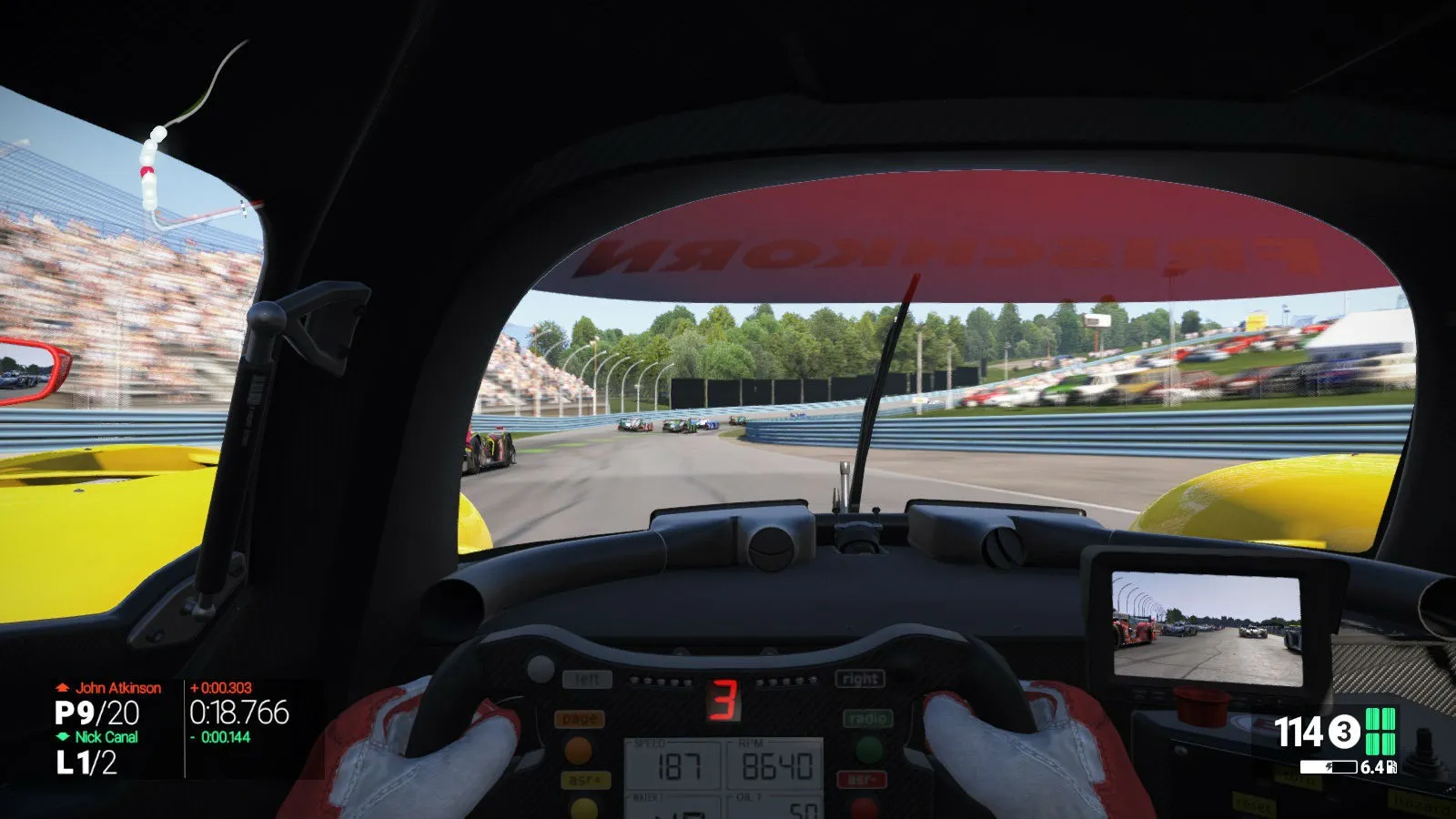
Project CARS: A Realistic Racing Simulation for the Dedicated Enthusiast
Contents
Project CARS distinguishes itself in the crowded racing game genre by focusing on realistic simulation, a niche often overshadowed by more action-oriented titles. Developed by Slightly Mad Studios, the creators of Need for Speed: Shift, Project CARS aims to be the pinnacle of racing simulation, prioritizing authenticity over simplified gameplay. This commitment, combined with community involvement during development and freedom from publisher pressures, raises the question: does Project CARS live up to its lofty ambitions?
The Thrill of the Track
 Project CARS Racing
Project CARS Racing
Project CARS boasts over 100 tracks spanning the globe and a vast selection of vehicles, from the Pagani Zonda R to the Audi R8 and various Formula cars. The game offers immediate access to all vehicles and tracks through the “Quick Race Weekend” mode, eliminating the need for grinding to unlock content. This allows players to jump straight into their preferred racing experience.
For those seeking a more structured progression, the Career mode simulates a real-world racing career. Players navigate eight tiers of racing, starting with smaller events and working their way up to prestigious championships. The Career mode also introduces contract negotiations and team management, adding a layer of strategic depth. Winning races unlocks higher-tier contracts, propelling players further in their virtual racing careers.
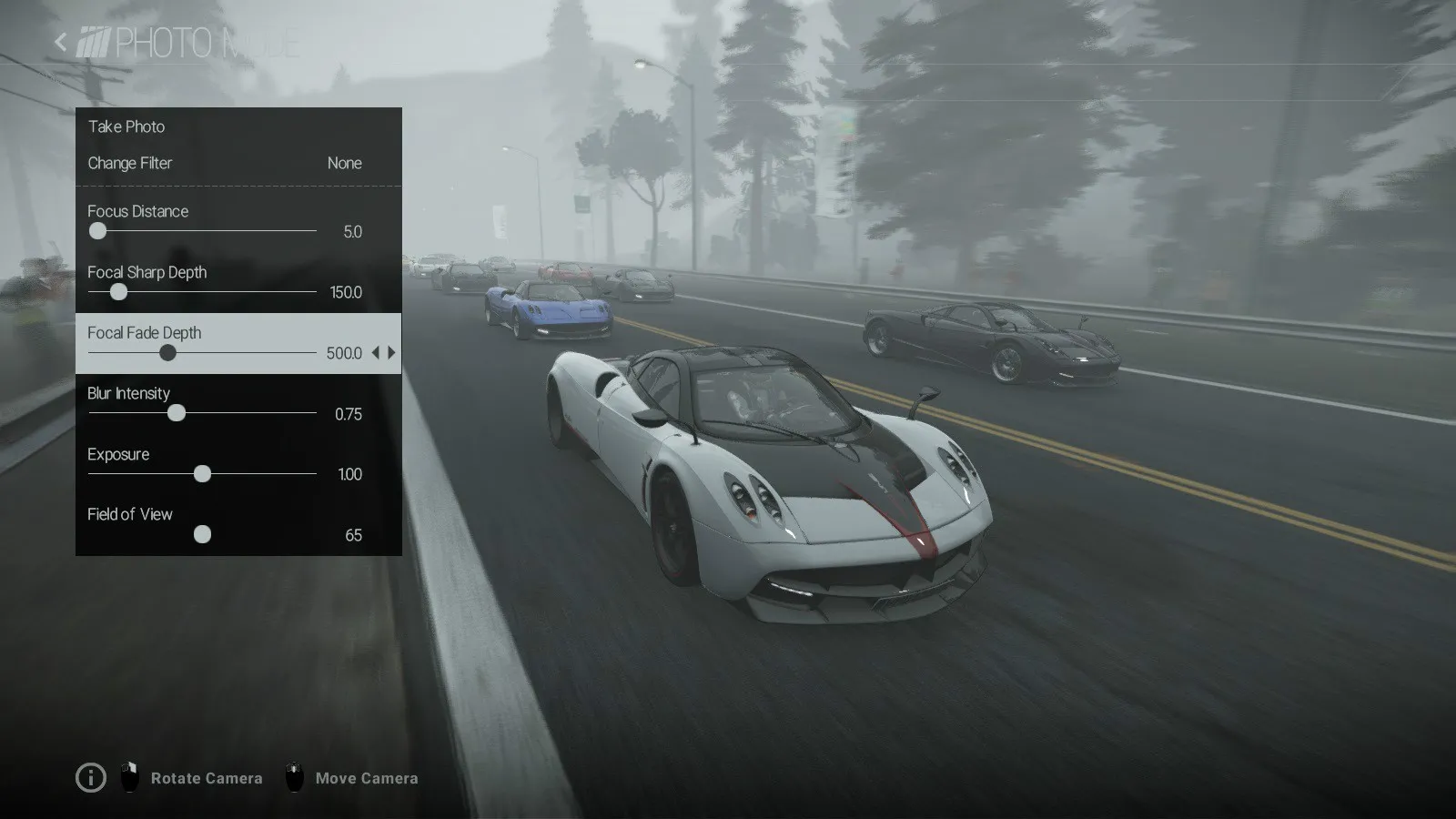 Project CARS Track View
Project CARS Track View
Practice sessions are essential for mastering tracks and fine-tuning car setups. Strategic pit stops, tire management, and adapting to changing weather conditions are all crucial for success, especially in longer races. Even minor mistakes can have significant consequences, emphasizing the importance of precision and strategy.
Mastering the Simulation
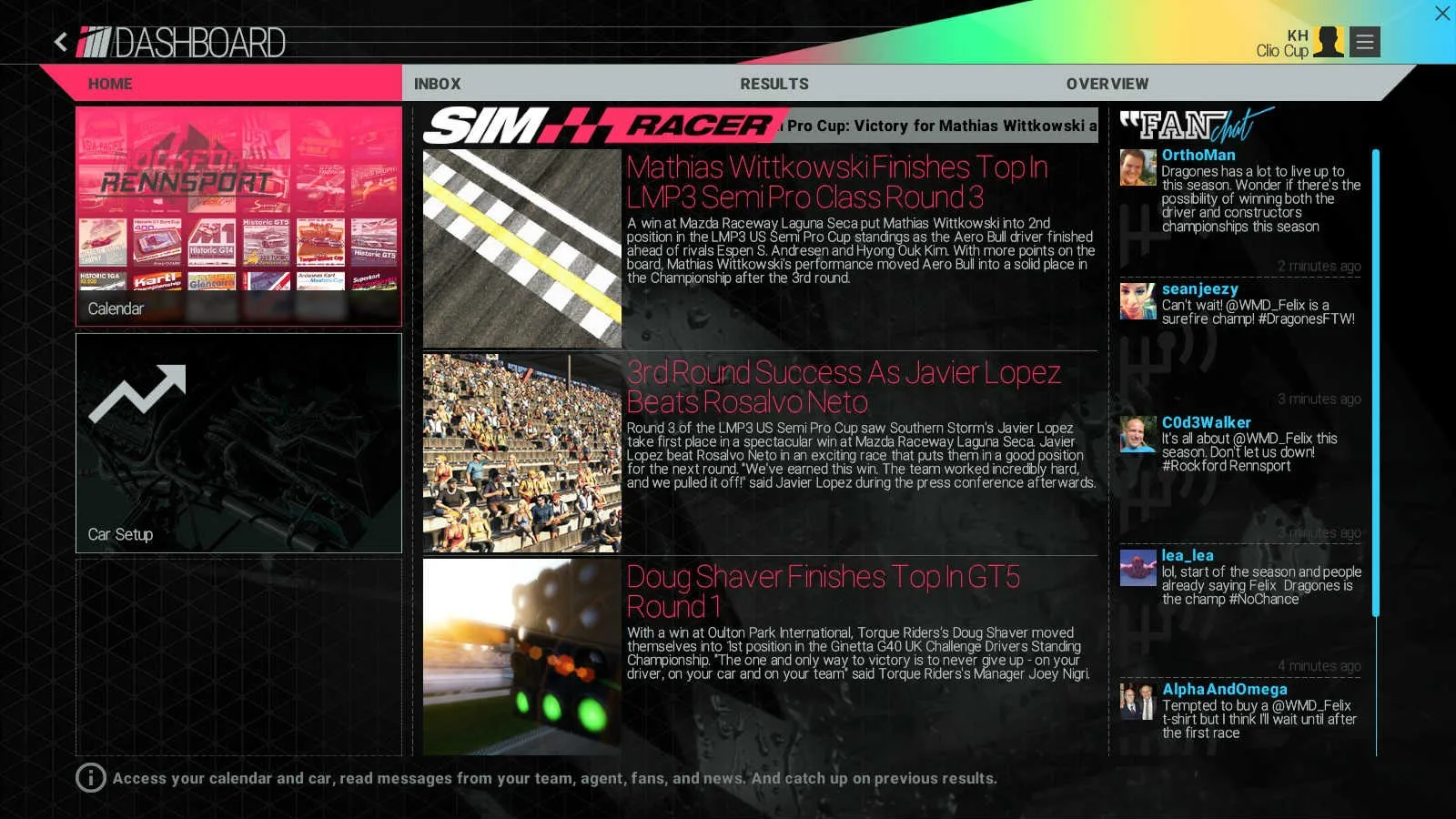 Project CARS Close-Up
Project CARS Close-Up
Project CARS demands a higher level of skill than arcade-style racers. Tire temperature, track conditions, and weather significantly impact handling. Tire warm-up is essential for optimal grip, while excessive speed can lead to overheating and reduced performance. Grip levels change dynamically, requiring careful braking and cornering, especially in wet conditions. This emphasis on realism separates Project CARS from more forgiving racing titles.
Forget Hollywood-style stunts; Project CARS rewards precision and strategic driving.
Even experienced racers will find Project CARS challenging. The realistic physics engine necessitates a nuanced approach to driving, rewarding finesse over reckless aggression. Mastering the game’s intricacies is crucial for consistent success.
Online Competition
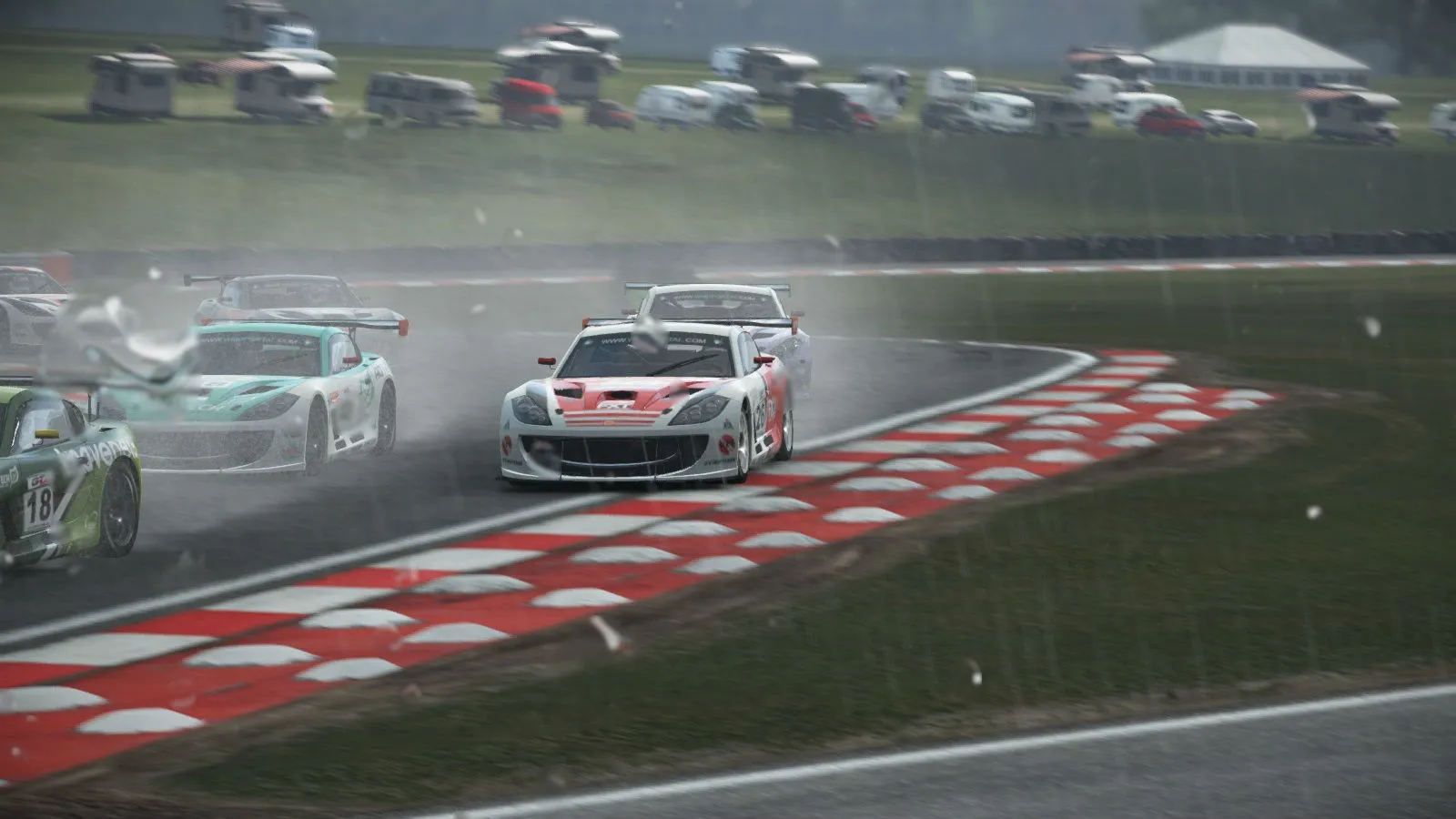 Project CARS Wet Conditions
Project CARS Wet Conditions
While the AI opponents offer a solid challenge, the online multiplayer is where Project CARS truly shines. Competing against human opponents adds a layer of unpredictability and excitement. Every race becomes a test of skill and strategy, demanding precise driving and quick reflexes.
The comprehensive tuning system allows for extensive vehicle customization, offering over twenty adjustable parameters. Understanding car mechanics is crucial for optimizing performance. Even with slightly less driving skill, a well-tuned car can give players a competitive edge.
A well-tuned car can give you the edge over your rivals.
Blurring the Lines Between Reality and Virtual Racing
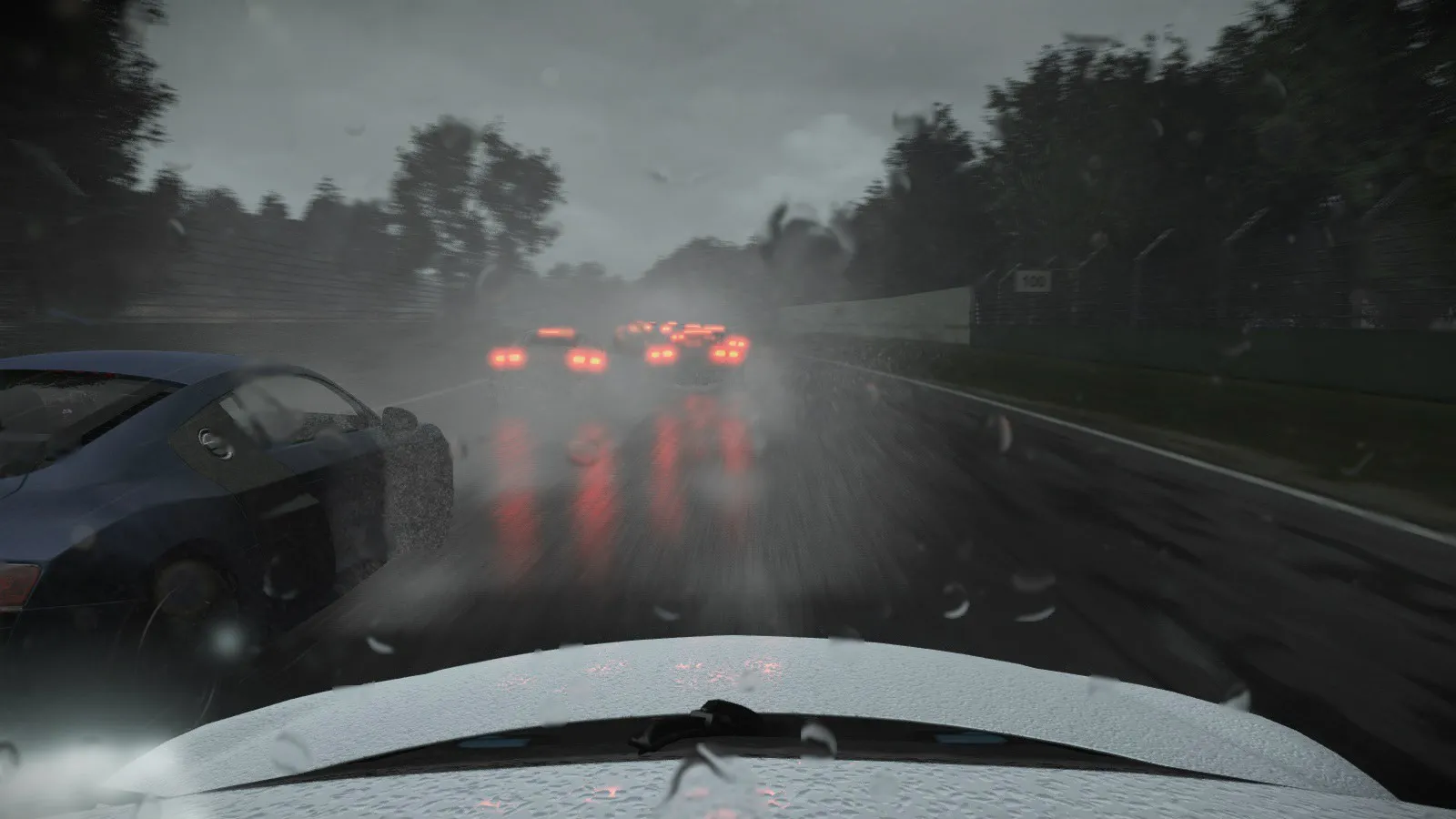 Project CARS Race Start
Project CARS Race Start
Project CARS excels in its presentation, boasting impressive visuals and immersive sound design. Detailed environments, dynamic weather effects, and realistic car models create a visually stunning experience. The sound design, featuring original music and meticulously recreated engine sounds, further enhances the immersion. Support for virtual reality headsets like the Oculus Rift pushes the boundaries of realism, offering a truly immersive racing experience.
With a racing wheel and VR headset, the line between reality and virtual racing blurs.
A Simulator, Not a Game?
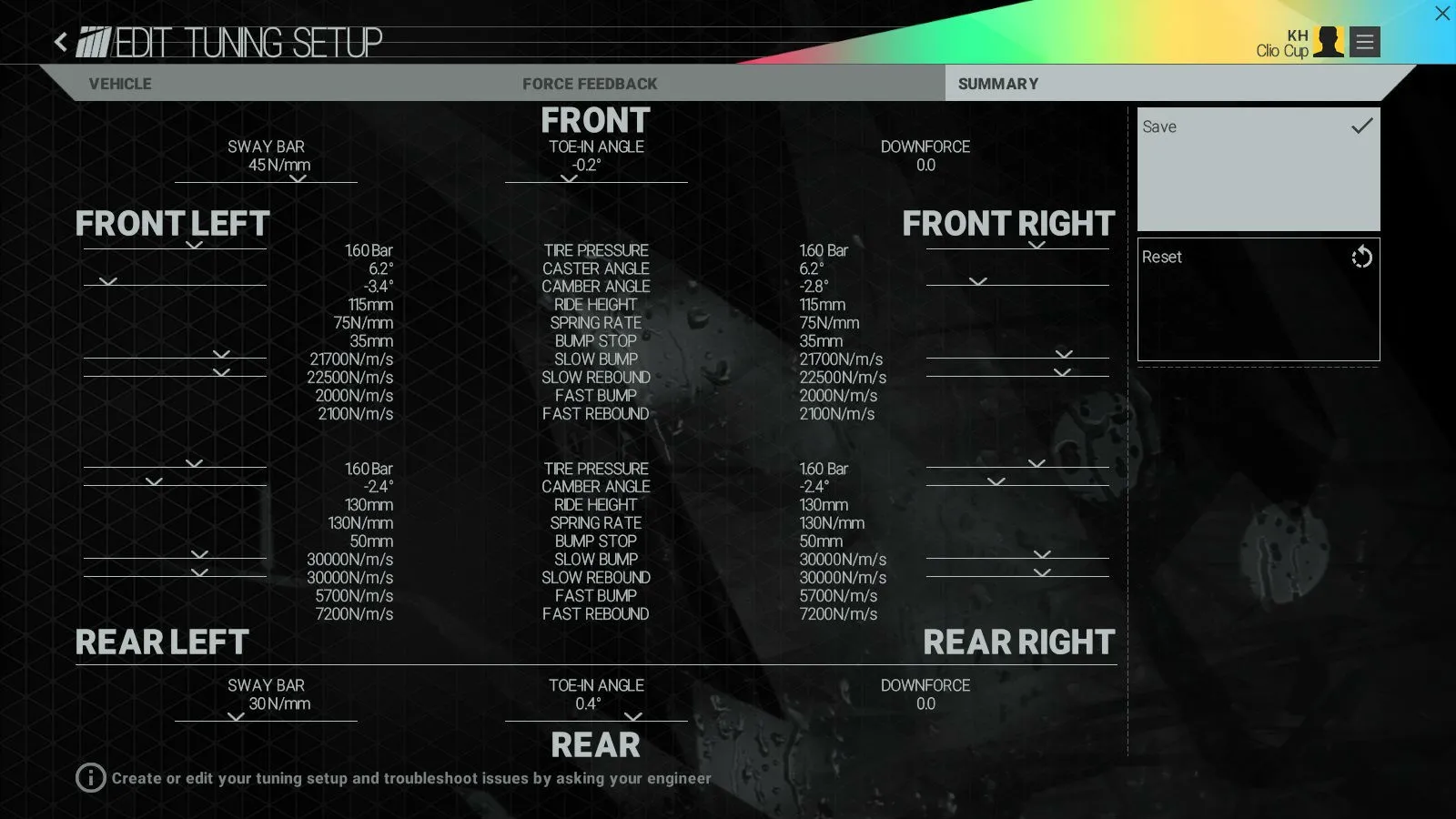 Project CARS Garage
Project CARS Garage
Project CARS’s open-ended approach, offering all content from the start, can be overwhelming for newcomers. The lack of in-game tutorials and explanations for the complex tuning system requires players to seek external resources. This steep learning curve makes Project CARS feel more like a racing simulator than a traditional game. Several bugs, including physics glitches and occasional crashes, further detract from the experience.
A Niche Experience
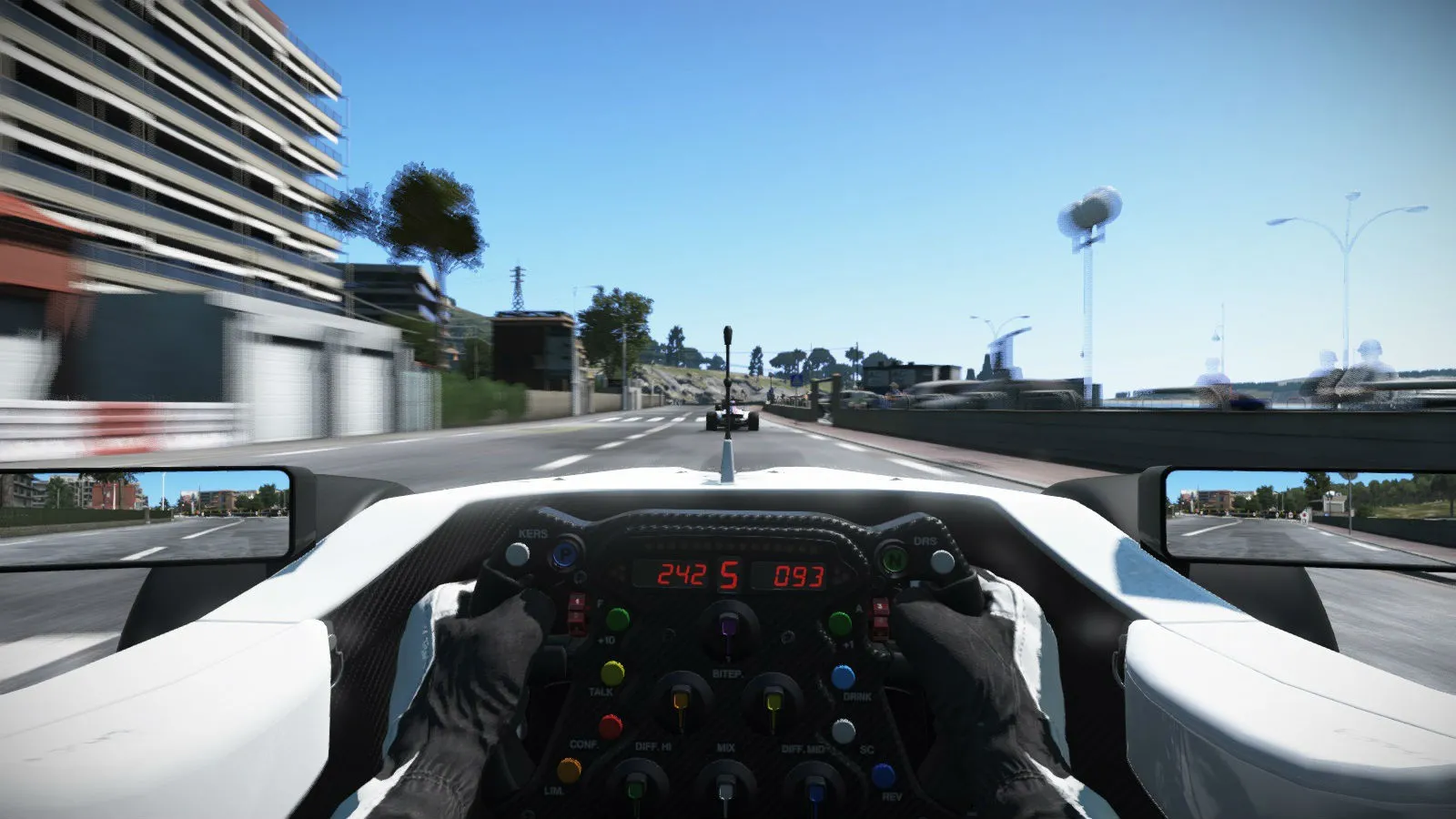 Project CARS Crash
Project CARS Crash
The lack of matchmaking in online multiplayer can be frustrating, particularly for new players. Facing highly skilled opponents in every race can be discouraging. The Career mode, while offering structured progression, lacks a compelling narrative. It ultimately serves as a framework for accessing the various tracks and vehicles.
The steep learning curve and challenging online environment make Project CARS a niche title.
In conclusion, Project CARS delivers on its promise of realistic racing simulation, but its complexity and lack of accessibility limit its appeal. It caters to dedicated racing enthusiasts willing to invest time and effort in mastering its intricacies.
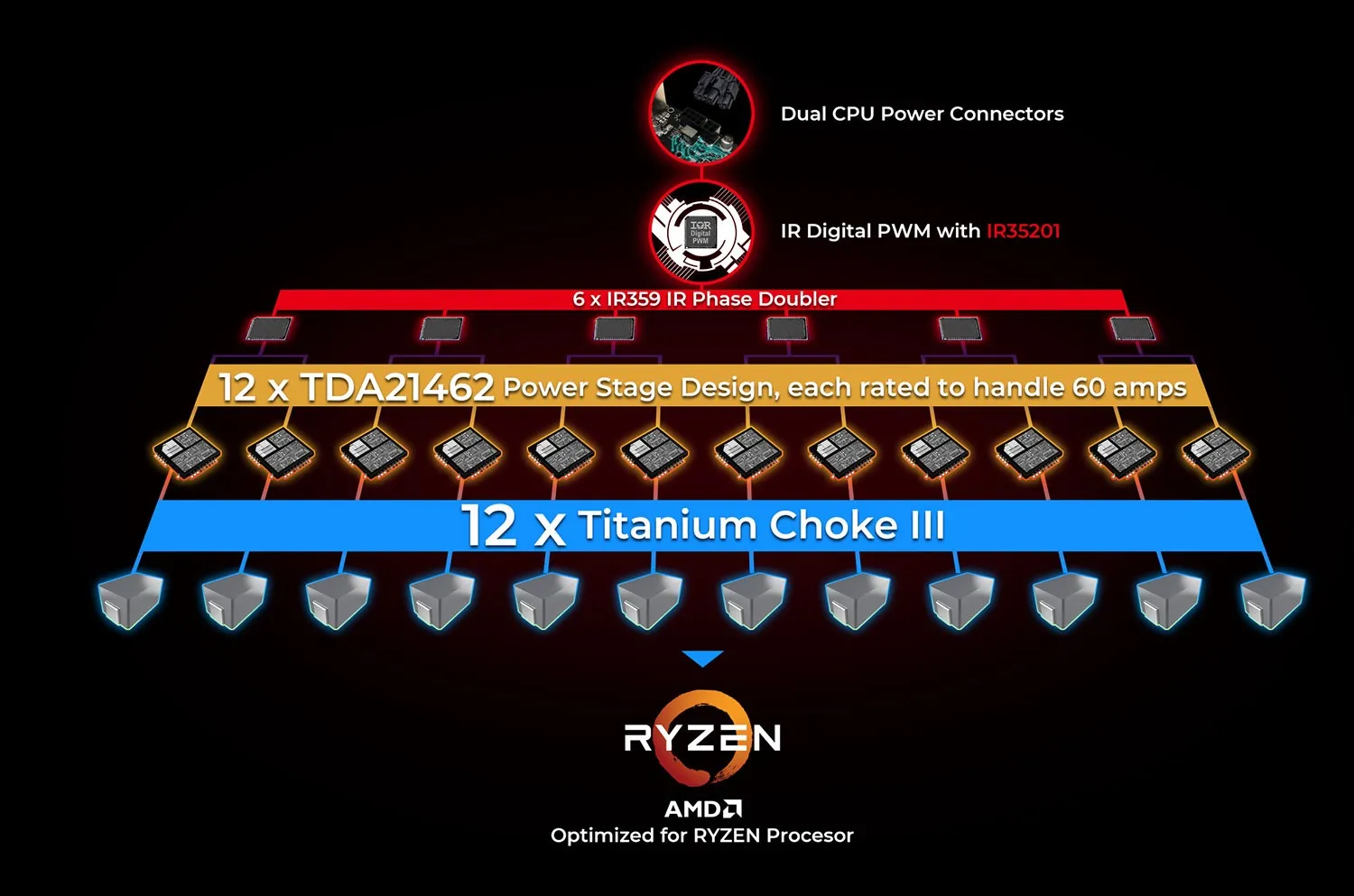
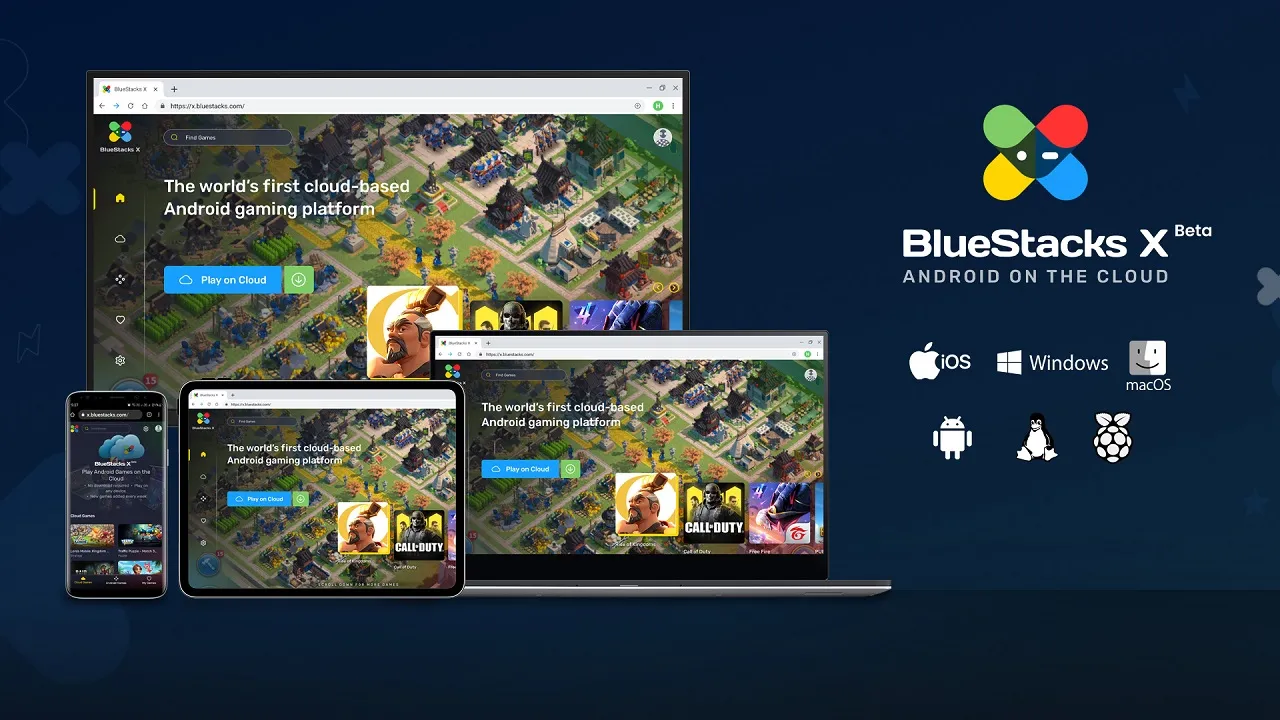
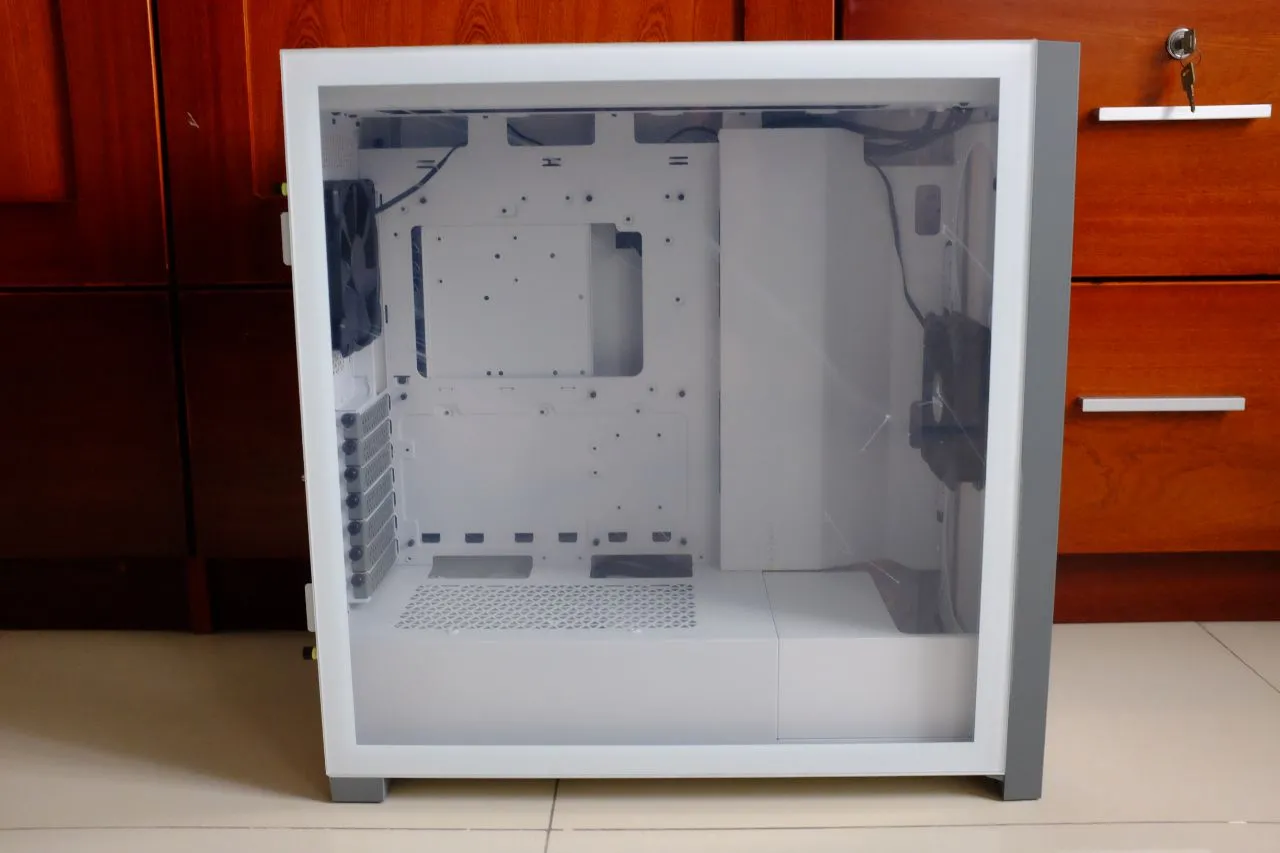

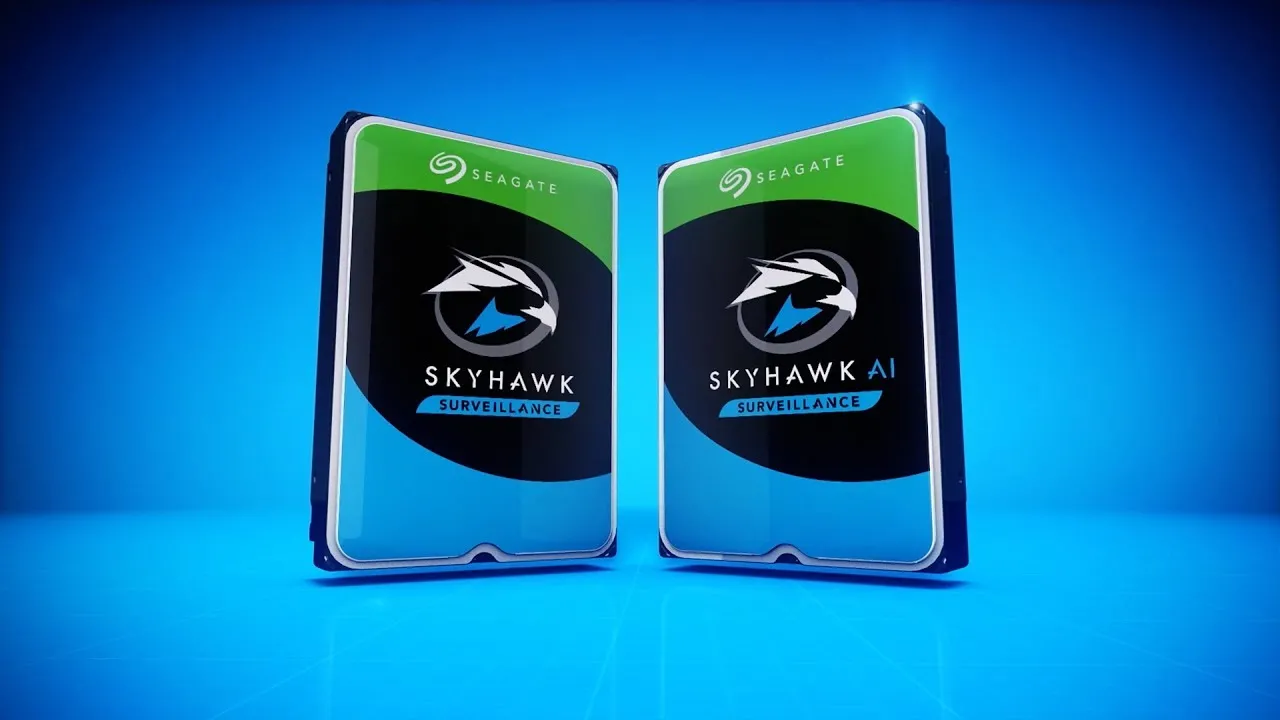
Comments (0)